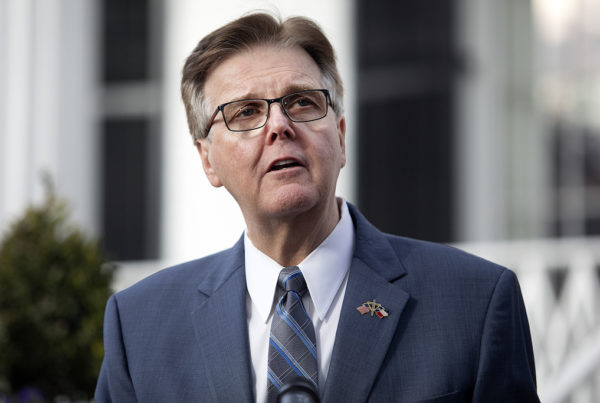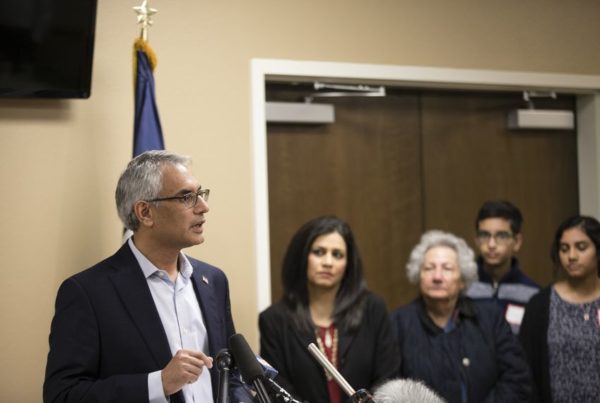A recent study finds people tend to be happier in states that spend more on public goods – including libraries, parks and recreation, highways, natural resources, and police protection.
Patrick Flavin is an associate professor of political science at Baylor University and the study’s author. He explains a public good has two components: it cannot exclude anyone, and it must be non-exhaustible, “or that if I use it, it doesn’t exclude you from using it as well.”
Flavin explains that one way to evaluate public policies is to examine how they affect people’s satisfaction or happiness with their own lives.
“And that’s a somewhat new way to look at things, typically we look at how a policy effects economic growth, but I think a more direct way is to look at just whether it improves peoples’ assessments of their own lives,” he says.
Flavin says his research shows that states that spend more on public goods, relative to the size of the state’s economy, have happier populations – although he cautions it might not be a cause and effect relationship. Still, he says, it’s an important finding because it shows decisions made by government can impact how we feel about our own lives.
“And I think that’s something that whether someone is young or old, or if you’re poor, liberal, or conservative, and we all want to be happy in same way shape or form,” he says. “So if government can have an effect on that, I think that’s something important to study.”
Flavin relied on two big datasets for his research. One looked at the self-reported happiness of Americans between 1976 and 2006. The other, from the U.S. Census Bureau, tracked how much state governments spent on public goods during that same time period.
The State Preservation Board voted quickly and unanimously this morning to remove a historically inaccurate confederate plaque from the Texas Capitol. The marker – known as the “Children of the Confederacy Creed” – makes several erroneous claims, including that slavery wasn’t an underlying cause of the Civil War.
Today’s vote ends a long-running effort to get the plaque, first installed in 1959, taken down. State Representative Eric Johnson of Dallas first called for the marker’s removal in 2017. He tells KUT News that if it were up to him the plaque would be moved to a college campus to study it and better understand the motivation for putting it up.
.@JohnsonForTexas says if it were up to him the plaque would be put on a college campus museum to study it and better understand the real reason it was put up. And how important the truth is. pic.twitter.com/V310qAkW9G
— Ben Philpott (@BenPhilpottKUT) January 11, 2019
The Texas State Preservation Board maintains the Texas Capitol facilities. Its members including Governor Greg Abbott, Lieutenant Governor Dan Patrick, and Texas House Speaker Dennis Bonnen.
A Muslim doctor will remain in his leadership role with the Republican Party of Tarrant County. That’s after a vote Thursday night that followed infighting over false claims some members made about his religious beliefs. Eric Aasen, with KERA News, reports.
The executive committee of the Tarrant County Republican Party voted overwhelmingly in favor of keeping Shahid Shafi as vice chairman. A county GOP precinct chairwoman led the call to oust Shafi, claiming with no evidence that he may be more loyal to Islamic law or connected to a terrorist group.
Shafi, a Southlake City Council member, has repeatedly denied the claims. Several prominent Texas Republicans have called the claims bigoted and condemned efforts to oust Shafi. Shafi told reporters following the vote that the vote sends a clear message and takes a stand against bigotry of all kinds. Texas Land Commissioner George P Bush said he salutes the Tarrant County GOP for last night’s vote, and that religious bigotry should not play a part in politics.

















